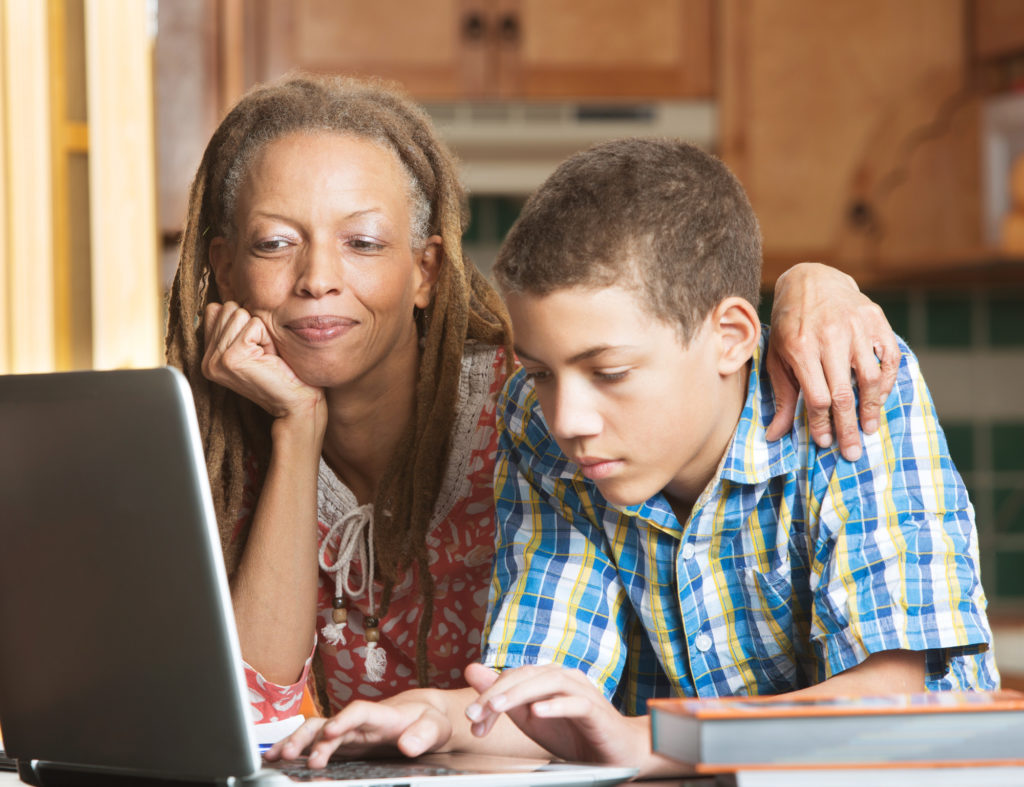
If you’re reading this, your child or grandchild is on the cusp of school age. You’re wondering if homeschool vs public school is the best choice for your little one.
Unfortunately, choosing between the two isn’t always as simple as it seems. There are lots of things to consider before making this decision. One major factor and the deciding factor should be if your child will thrive in this environment.
You will also need to consider budget, your time and resources, as well as what’s available where you live.
While the process might seem overwhelming, it doesn’t have to be. We’ve compiled a list to help you learn about where your child’s education will go in the next few years.
What is Homeschooling?
Homeschooling is teaching a child what they would learn at school in another environment. Despite its name, homeschooling does not have to take place in your physical home. Instead, you can do it in a mixture of locations, including museums, local colleges, and online.
The art of homeschooling has been around in the United States since the Colonial era, but it nearly went extinct during the 20th century. At first, only young men and women of means were educated at home. It was then phased out until by the 1970s, it was almost unheard of.
Homeschooling became somewhat common again in the 1980s. This was due to the fact that conservative Christian beliefs were making a come back. Many felt that having their children educated at home helped keep their family centered on God. It also meant the family could spend more time together.
Today, parents homeschool their children for many reasons. Religious reasons remain popular for choosing to homeschool.
Weigh the Pros and Cons of Homeschool vs Public School for Your Situation
Some parents choose to homeschool their children due to religious reasons. Other do so because they feel their child cannot thrive in a public school environment because of disability. Bullying is also a common reason parents decide to pull their children out of public school.
There are even parents who choose homeschool because their family travels a lot. With homeschooling, their child is free to travel as needed.
There isn’t a one-size-fits-all answer for every parent, child or situation.
For many families, their particular situation is enough to choose to homeschool, but for many, the situation isn’t as black and white.
Families should consider the social aspects the children will miss out on if they choose to homeschool.
They should also think about the cost and whether the parents can provide adequate education at home.
Prioritize the Needs of Your Child
While some parents may make the decision to homeschool based on many factors, your child is the one who will benefit or suffer from your choices. Instead, you need to make sure you make the decision with his or her needs in place.
One huge advantage to homeschooling is that you can help develop a particular interest in your child that may not be fostered in a regular school environment. For example, if your child adores plants, you can craft an entire science curriculum around plant life.
However, if your child needs structure, homeschooling may be a disaster in the long run, especially if you are the only one managing your child’s lessons.
Use Outside Resources
Many parents shy away from homeschooling because they are overwhelmed by the idea of teaching their child every subject. If you’re not a qualified teacher, it can seem like an utterly impossible task.
Homeschooling has changed vastly over the past 20 years or so, meaning that more and more children are educated by many different teachers instead of just their parents.
Children, starting from a very young age, can take online courses taught by outside instructors on a range of subjects. There are even entire high schools that exist online, or as extensions to local universities. This can take a tremendous amount of pressure off of the parents, as they are not solely responsible for their child’s education.
Co-ops, or local groups of homeschoolers, are also a great resource for the parent who is teaching at home. Students can receive in-person instruction in small groups for certain subjects a couple of times a week. This can enhance socializing with peers, and again, take the pressure off of parents to teach every single subject.
The Internet is loaded with resources for the parent who is taking on the tasks themselves, as well and allows you to find printouts, lesson plans and suggestions for mastering different subjects. You can find more about some of these resources online.
Consider Costs
Many parents believe that sending their child to public school is cheaper, simply because it is free. This is not always the case. You must remember that children in public school will incur costs, such as for supplies, uniforms and field trips.
If you choose to homeschool, you may spend a little bit of extra money on supplies and classes, should you choose to outsource some of your child’s education. However, this cost isn’t typically outrageous, and you can choose how much you would like to spend as you go along. This way you can spend or cut back as necessary.
Re-evaluate as Necessary
If you aren’t homeschooling your child because of religious reasons or a disability, it is useful to reconsider your child’s homeschooling as necessary. If your child thrived in homeschooling but is ready to enter regular schooling at a certain point, it is very helpful for their development for you to be open to it.
Likewise, if your child is struggling in public school and would do better in a homeschooling environment, that should also be taken seriously.
The Final Decision
Ultimately, it is up to you to decide if homeschool vs public school is best for your child. No one can make that call for you, but you can be as well informed as possible to make the best choice for your child.
If you enjoyed this article, check out some of our other life hacks and curious facts.

